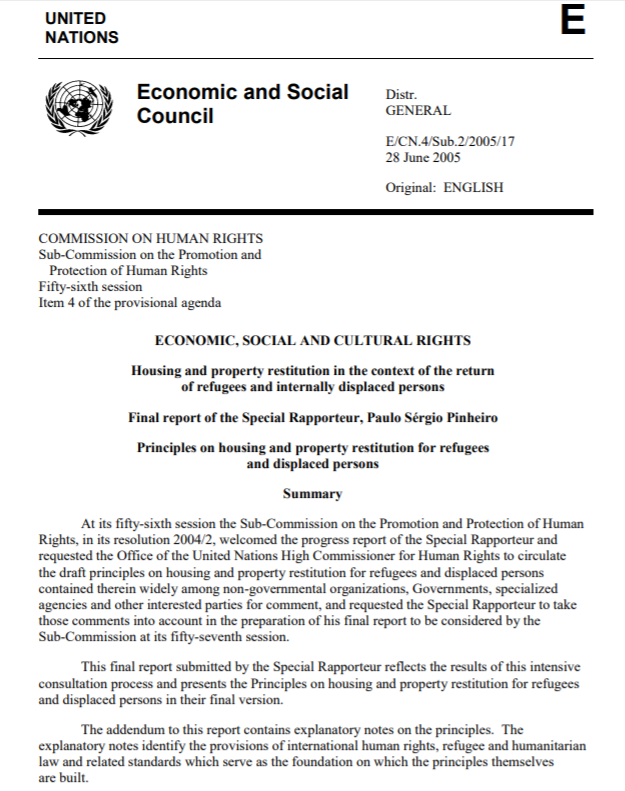Location
United Nations
The United Nations is an international organization founded in 1945. It is currently made up of 193 Member States. The mission and work of the United Nations are guided by the purposes and principles contained in its founding Charter.
Due to the powers vested in its Charter and its unique international character, the United Nations can take action on the issues confronting humanity in the 21st century, such as peace and security, climate change, sustainable development, human rights, disarmament, terrorism, humanitarian and health emergencies, gender equality, governance, food production, and more.
The UN also provides a forum for its members to express their views in the General Assembly, the Security Council, the Economic and Social Council, and other bodies and committees. By enabling dialogue between its members, and by hosting negotiations, the Organization has become a mechanism for governments to find areas of agreement and solve problems together.
The UN's Chief Administrative Officer is the Secretary-General.
Members:
Resources
Displaying 31 - 35 of 46Housing and property restitution in the context of the return of refugees and internally displaced persons
At its fifty-sixth session the Sub-Commission on the Promotion and Protection of Human
Rights, in its resolution 2004/2, welcomed the progress report of the Special Rapporteur and
requested the Office of the United Nations High Commissioner for Human Rights to circulate
the draft principles on housing and property restitution for refugees and displaced persons
contained therein widely among non-governmental organizations, Governments, specialized
agencies and other interested parties for comment, and requested the Special Rapporteur to take
Optional Protocol to the Convention on the Elimination of Discrimination against Women (CEDAW)
The Optional Protocol entered into force in 2000.
The United Nations Development Assistance Framework (UNDAF) 2018-2021 | United Nations in Sudan
The United Nations Development Assistance Framework (UNDAF) 2018-2021 | United Nations in Sudan
Web-based indicator reporting system
Promoting Sustainable Land Management (SLM) Through Strengthening Legal and Institutional Framework, Capacity
Objectives
To develop and strengthen national policy and institutional capacity for sustainable land management (SLM) and to contribute to achieving the national land degradation neutrality target with integrated landscape management in north-western mountainous ecosystems of North Macedonia
Other
Note: Disbursement data provided is cumulative and covers disbursement made by the project Agency.





